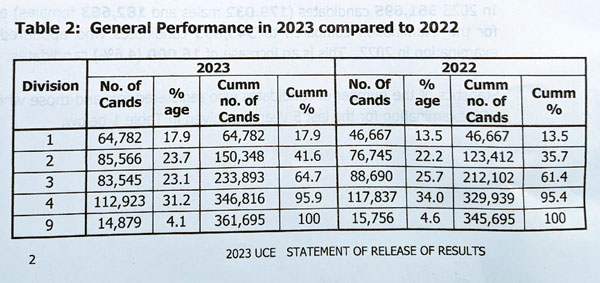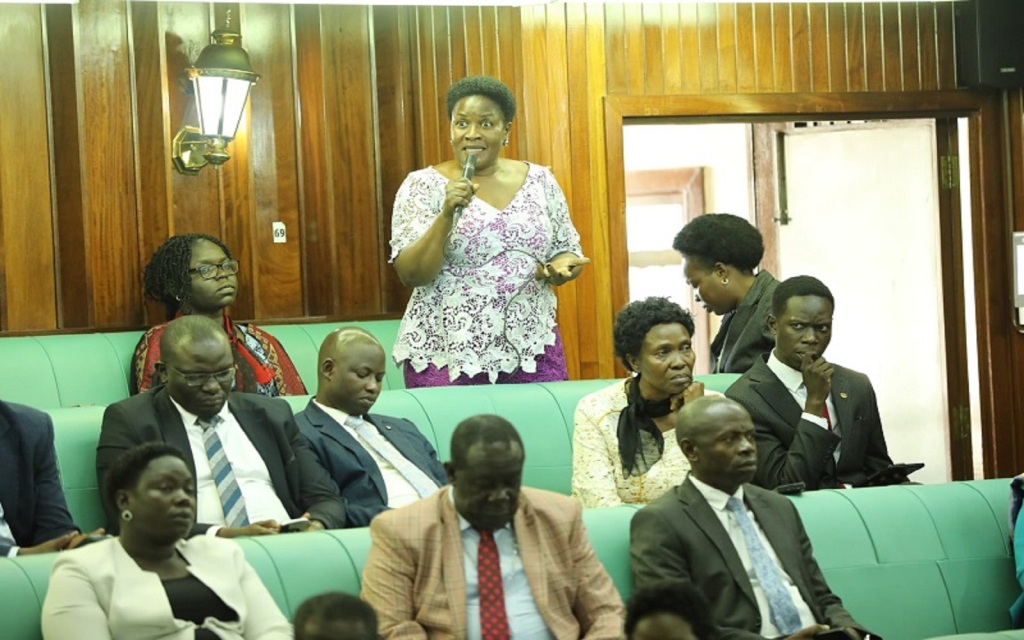Increasing Enrollment of Girls in TVET Education: Insights from UBTEB Stats
Since the NRA/NRM government took power in 1986, efforts to close the gender gap in education have focused on promoting girls’ education through affirmative action. Historically, attention has predominantly been on primary, secondary, and university education, while Business Technical Vocational Education and Training (BTVET) programs were often directed towards male students.
However, aligned with Vision 2040, recent initiatives aim to empower girls and women to participate equally in education, skills development, business, agriculture, and industry. The State House-led reskilling program for girls, irrespective of prior qualifications, exemplifies this shift.
In Kampala Capital City alone, approximately 40,000 girls have received training in various skills including carpentry, welding, shoemaking, tailoring, and more. This success has prompted the government, under State House, to expand the skilling projects across the country through the establishment of zonal industrial hubs. Over 2,000 girls have already graduated from these programs.
UBTEB, responsible for regulating and conducting national BTVET examinations, plays a critical role in advancing the Skills Development Agenda. Analysis of enrollment data indicates a notable increase in girls opting for BTVET education since 2013.
Sam Patrick Ogwang, UBTEB’s Principal Examinations Officer, reports a significant rise in female candidates participating in UBTEB exams over the years. For instance, in 2012, 1,663 female candidates were registered, with 703 achieving full competences and entering the workforce, while 921 required retakes. Subsequent years showed a consistent growth in enrollment and competency attainment among female candidates.
UBTEB’s Executive Secretary, Onesmus Oyesigye, attributes this growth to enhanced accessibility through decentralized admission systems and modularized assessments. These reforms have made TVET careers more appealing, emphasizing their practical nature and direct employability.
First Lady Janet Kataaha Museveni, also Minister of Education and Sports, commends UBTEB for aligning with government priorities to support girls’ education in TVET institutions. She highlights ongoing efforts to address enrollment imbalances through scholarships and specialized programs in sectors like road construction, welding, and mechanical engineering.
The Ministry of Education has secured additional sponsorship opportunities for students with disabilities pursuing TVET programs, underscoring inclusivity in skills development. Loy K. Abaine Muhwezi, Commissioner of TVET Operations and Management, advocates for a broader recognition of the value of hands-on skills, emphasizing their role in economic empowerment.




















